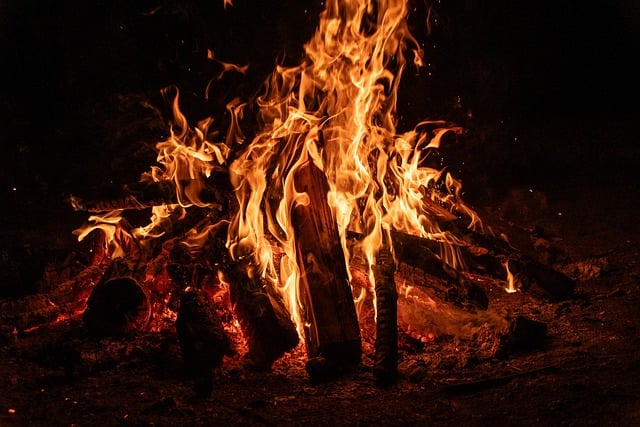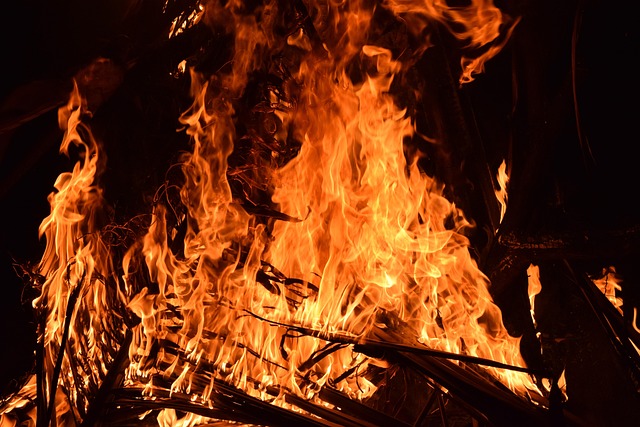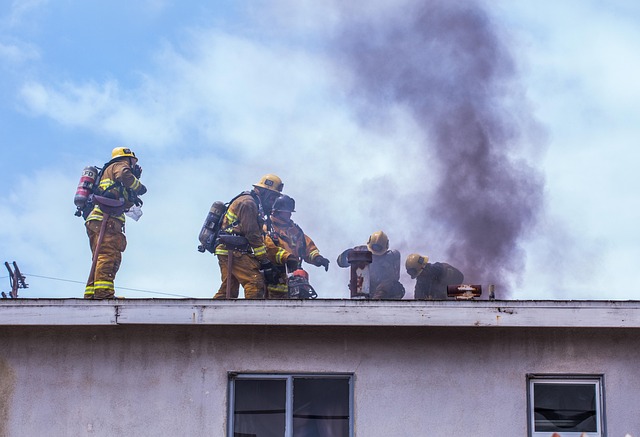Selling a fire-damaged house in Chicago requires adherence to Illinois' stringent property disclosure laws, which mandate sellers disclose known defects like structural issues, environmental hazards, and fire damage. Both parties need to understand these requirements for a smooth process: sellers to avoid legal trouble, buyers to make informed decisions through inspections and research. Specialized inspections are crucial to uncover hidden issues, while transparent disclosures build trust. Chicago residents are well-protected under these laws when buying or selling a fire-damaged property.
In the state of Illinois, particularly within the bustling metropolis of Chicago, property disclosure laws play a crucial role in real estate transactions. When selling a fire-damaged house, understanding these regulations is paramount. This article delves into the intricacies of Illinois property disclosure laws, focusing on fire damage scenarios. We explore seller obligations, buyer rights, and protections, providing valuable insights for both parties involved in selling a fire damaged house in Chicago.
- Understanding Property Disclosure Laws in Illinois
- What Does Fire Damage Entail for Real Estate Transactions?
- Seller Obligations When Selling a Fire-Damaged House in Chicago
- Buyer Rights and Protections in Illinois Real Estate Sales
Understanding Property Disclosure Laws in Illinois
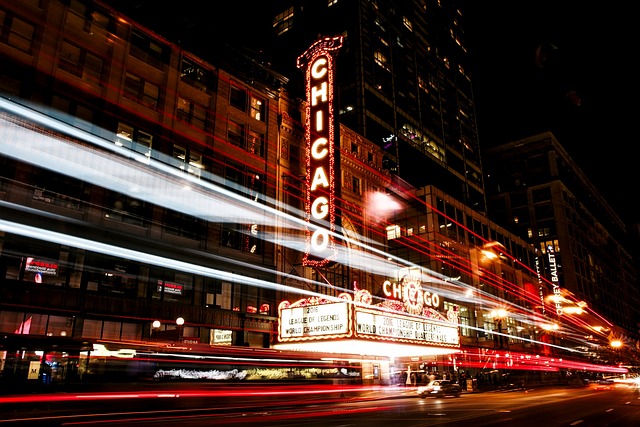
In the state of Illinois, property disclosure laws play a crucial role in ensuring transparency during real estate transactions, especially when selling a fire-damaged house in Chicago. These laws mandate that sellers disclose any known defects or material facts related to the property’s condition to potential buyers. This includes information about structural issues, environmental hazards, and any significant damage, such as that caused by fire.
Understanding these disclosure requirements is essential for both sellers and buyers when navigating the process of selling a fire-damaged house in Chicago. Sellers must accurately and honestly disclose all relevant information to avoid legal repercussions. Meanwhile, buyers should carefully review disclosures and conduct thorough inspections to make informed decisions about purchasing such properties.
What Does Fire Damage Entail for Real Estate Transactions?
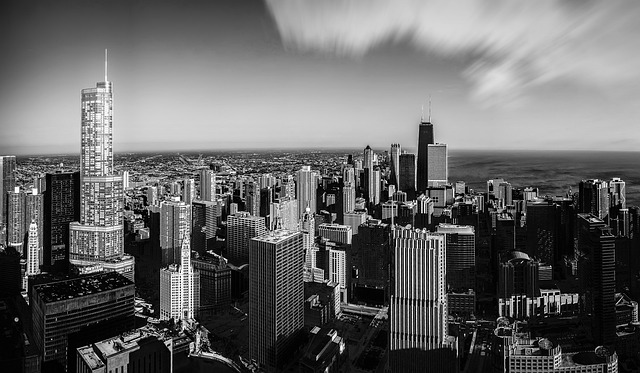
When selling a fire damaged house in Chicago, understanding what fire damage entails is crucial for both buyers and sellers. Fire damage extends beyond the visible charred walls and melted floors. It can include structural instability due to weakened support beams, hazardous remnants of burned materials like asbestos or lead paint, and potential water damage from firefighting efforts. These hidden issues often require specialized inspections and repairs, adding complexity to the real estate transaction.
Buyers considering purchasing a fire-damaged property in Chicago should conduct thorough research and engage professional inspectors to assess the full extent of the damage. Sellers, on the other hand, must disclose any known or discovered fire damage, providing transparent details about the necessary repairs and their costs. This transparency fosters trust between buyers and sellers, ensuring that both parties are making informed decisions throughout the selling process.
Seller Obligations When Selling a Fire-Damaged House in Chicago

When selling a fire-damaged house in Chicago, sellers have specific obligations to fulfill under Illinois property disclosure laws. First and foremost, they must disclose any known damage or issues related to the fire, including structural problems, water damage, mold growth, or any other hazards that may affect the property’s value or safety. This includes providing detailed information about when the fire occurred, its extent, and any subsequent repairs made, as these details are crucial for potential buyers making an informed decision.
Additionally, sellers should gather and provide records related to the fire damage, such as insurance reports, repair estimates, and permits for any renovation work. These documents not only ensure transparency but also help buyers assess the necessity and quality of the repairs. Sellers must also offer a reasonable period for buyers to conduct inspections and assessments, allowing them to verify the disclosed information and decide whether to proceed with the purchase.
Buyer Rights and Protections in Illinois Real Estate Sales
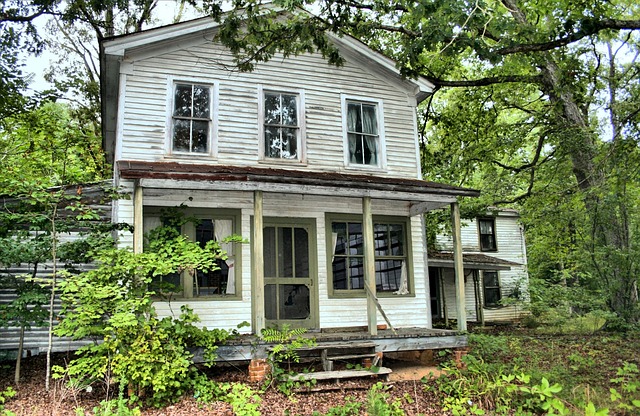
When it comes to buying or selling a fire-damaged house in Chicago, Illinois has specific property disclosure laws designed to protect both buyers and sellers. These laws ensure transparency throughout the real estate sales process. As a buyer, you have the right to receive accurate and detailed information about any potential issues with the property, including damage from fires or other hazards. This includes disclosing previous disasters, structural problems, and any necessary repairs, allowing you to make informed decisions.
In Illinois, sellers are required to disclose known defects or significant conditions that could impact a buyer’s decision. For instance, if a fire has damaged the structure, the seller must inform the buyer about the extent of the damage, any ongoing repairs, and potential long-term effects on the property. This knowledge empowers buyers in Chicago to negotiate prices, seek repairs, or make alternative choices while ensuring they are well-protected under the law.
When considering the sale of a fire-damaged house in Chicago, understanding Illinois’ property disclosure laws is paramount. These regulations ensure transparency and protect both buyers and sellers involved in real estate transactions. By thoroughly addressing fire damage and its implications, potential buyers can make informed decisions while sellers are legally obligated to disclose relevant information. This knowledge empowers individuals to navigate the process successfully, whether selling a fire-damaged home or purchasing one, fostering a fair and compliant Chicago real estate market.

